News Archive
-
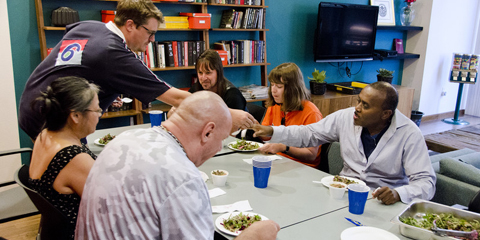
The time-honored tradition of cooking and sharing a meal with others is at the center of a new program called Nourished that seeks to create community between student volunteers and people who have experienced homelessness in Los Angeles.
The concept is simple enough. USC students gather with residents at a permanent supportive housing facility on the edge of Koreatown once a week to cook healthy recipes and eat together. They share stories and chat about current events.
-
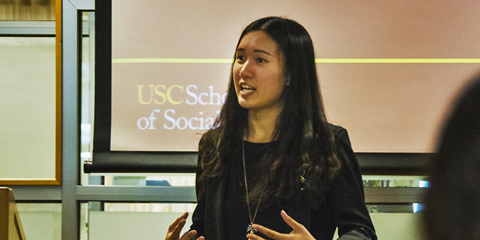
Once intimidating and foreign, research is slowly but surely becoming a common pursuit in the master’s program at the USC Suzanne Dworak-Peck School of Social Work.
During a recent symposium hosted by the Phi Alpha Honor Society, several master’s students described their recent forays into the research world, from spending time with chronically homeless individuals who had just received housing to refining an application for tablet computers designed to help older adults in Taiwan manage their diabetes.
-
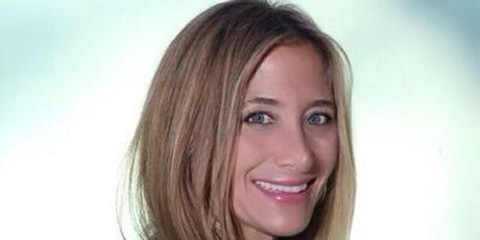
Tania Bradkin possesses a unique dedication to the human condition.
A third-year MSW@USC student at the USC Suzanne Dworak-Peck School of Social Work and part-time commissioner of social services for the City of Santa Monica, the 46-year-old Bradkin is a proud single mother of 14-year-old twins, preschool teacher and a Court Appointed Special Advocate (CASA) for foster children in Los Angeles County.
-
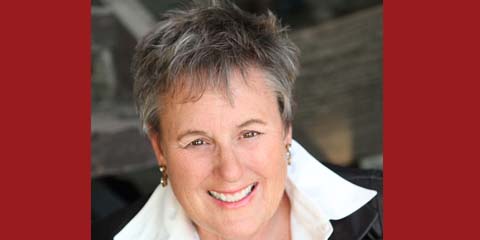
Social work pioneer Suzanne Dworak-Peck ’65, MSW ’67, has donated a historic $60 million to endow and name the USC Suzanne Dworak-Peck School of Social Work, cementing its standing as one of the world’s most innovative institutions within the discipline and strengthening its renowned educational and research programs. The gift is one of the largest contributions from an individual to a school of its kind.
-

Barbara Jury, ’50, has seen some radical changes in nursing since she started working in the profession in the 1950s.
Glass syringes are now plastic and disposable. Measuring a patient’s vitals is now done by computer.
“Who knows where nursing will go in time,” Jury said. “But you still have to remember it’s going to come down to a nurse reinforcing the care every day.”
-
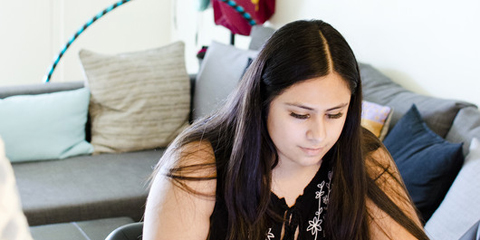
In today’s tech age, growing up without access to a computer and the Internet is a major disadvantage.
For most adolescents, it’s not an issue; 90 percent of teens in the United States have a computer in their home. However, it’s a different story for youth in foster care.
-
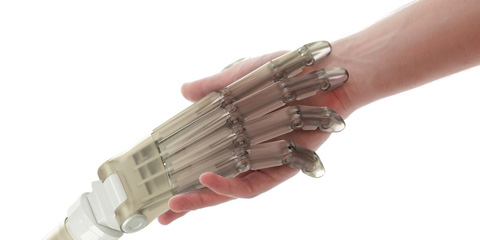
A typical nightmare scenario goes something like this: Robots first replace autoworkers on the assembly line. Then they move into white-collar jobs, writing articles, drafting legal documents and reading X-rays. Finally, the robots, growing ever smarter through machine learning and Big Data, displace even the most highly trained workers. The result: Unemployment rates skyrocket and the economy craters.
-
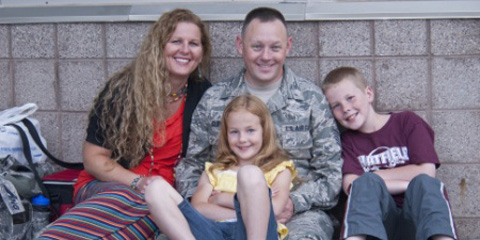
USC and the Cohen Veterans Network will open a free mental health clinic in Los Angeles to help veterans and their families make the transition to civilian life.
-

One-fourth of all online comments at the end of news articles about sexual assault and rape include victim-blaming statements, new research out of the University of Southern California shows.
The study examined 52 articles and found that only one did not contain comments offering support for the accused perpetrator, the study said. Victim-blaming statements appeared in 1,097 of the 4,239 comments ― or just over 25 percent of them.
-
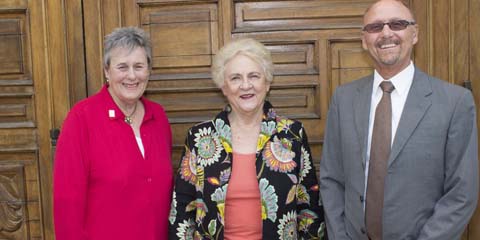
Alumna Suzanne Dworak-Peck, who has pioneered modern social work by elevating the profession on a global scale through policy, advocacy and the media, has assumed the role of chair of the USC School of Social Work’s Board of Councilors.